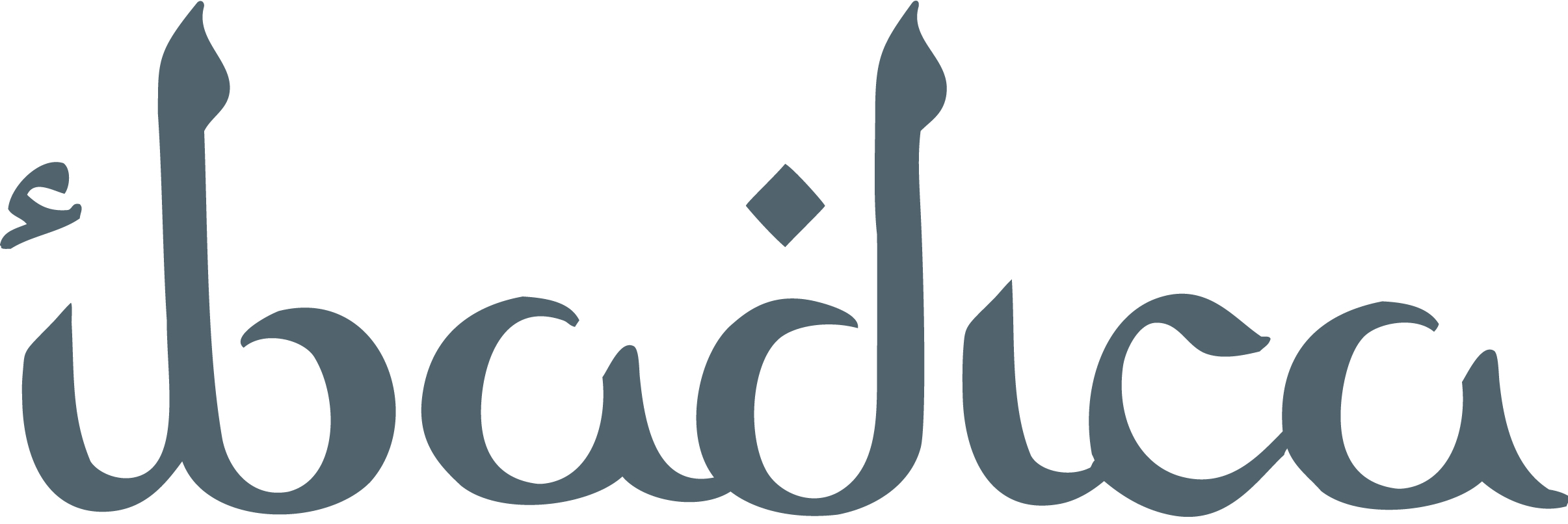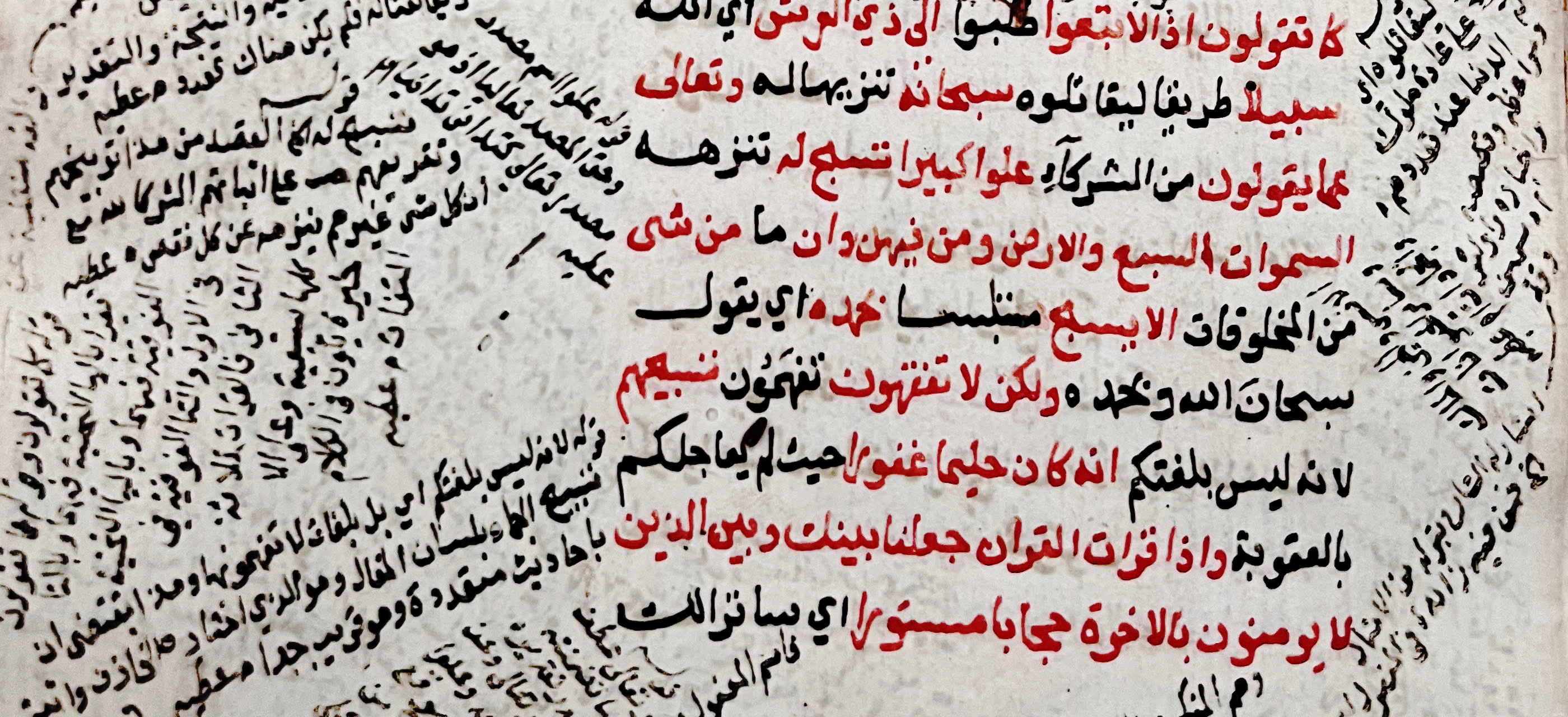Hérésie, acculturation et nationalisme des Berbères barghawāṭa
Contenu
Talbi, Mohamed. 1972. « Hérésie, Acculturation Et Nationalisme Des Berbères barghawāṭa ». In Actes Du Premier congrès d’études Des Cultures méditerranéennes d’influence Arabo-berbère, 217-33. Société nationale d’édition et de diffusion, bibliographie, consulté le 30 juillet 2025, https://ibadica.org/s/bibliographie/item/33365
- Titre
- Hérésie, acculturation et nationalisme des Berbères barghawāṭa
- Auteur
- Talbi, Mohamed Voir tous les contenus avec cette valeur
- Date
- 1973
- Dans
- Actes du premier congrès d'études des cultures méditerranéennes d'influence arabo-berbère Voir tous les contenus avec cette valeur
- Résumé
- As far as Ibāḍī sources or secondary literature on al-Ibāḍiyya are concerned, a few references to Marcy 1936. The article starts with an English abstract: the Barghawāṭa were the rulers of a kingdom in Tāmasnā, Morocco (dynasty of Banū Ṭarīf) which lasted for four centuries (124-543/742-1148). Their heretical movement has been regarded by both chroniclers and modern scholars as a gross distortion of Islam. The object of this paper is to put their heretical movement in the perspective of acculturation and nationalism. Such an outlook is allowed by a thorough analysis of the sources of information, leading to the following conclusions: although he may have been of Jewish origin, Ṭarīf embraced the Berber cause under the banner of Ṣufrite Khārijism, at a time when the Berbers were the victim of Arab policy. The Barghawāṭa were not one tribe, but a community of various origins united by a nationalistic feeling. The founder of Barghawāṭism was not Ṣāliḥ b. Ṭarīf, but Yūnus b. Ilyās and his successor Abū Ghufayr. They converted the people through persuasion, providing them with a prophet from among their own people, War-Iyā Warā, and a Koran written in their language, as well as through violence. The author of the article goes on to analyse the unconscious process of formation of Barghawāṭism, as a new ideology emerged through contacts with the East (Yūnus borrowed from Khārijism, Shīʿism and Arab mythology). Acculturation thus assumes the role of a weapon taken from the adversary and used to achieve national liberation.
- Editeur
- Société nationale d'édition et de diffusion Voir tous les contenus avec cette valeur
- Place
- Alger
- Langue
- fre
- rédacteur
- Galley, Micheline Voir tous les contenus avec cette valeur
- pages
- 217-233
- Source
- Fonds Martin Custers Voir tous les contenus avec cette valeur
- Ibadica Voir tous les contenus avec cette valeur
Talbi, Mohamed. 1972. « Hérésie, Acculturation Et Nationalisme Des Berbères barghawāṭa ». In Actes Du Premier congrès d’études Des Cultures méditerranéennes d’influence Arabo-berbère, 217-33. Société nationale d’édition et de diffusion, bibliographie, consulté le 30 juillet 2025, https://ibadica.org/s/bibliographie/item/33365
Position : 10989 (31 vues)

